

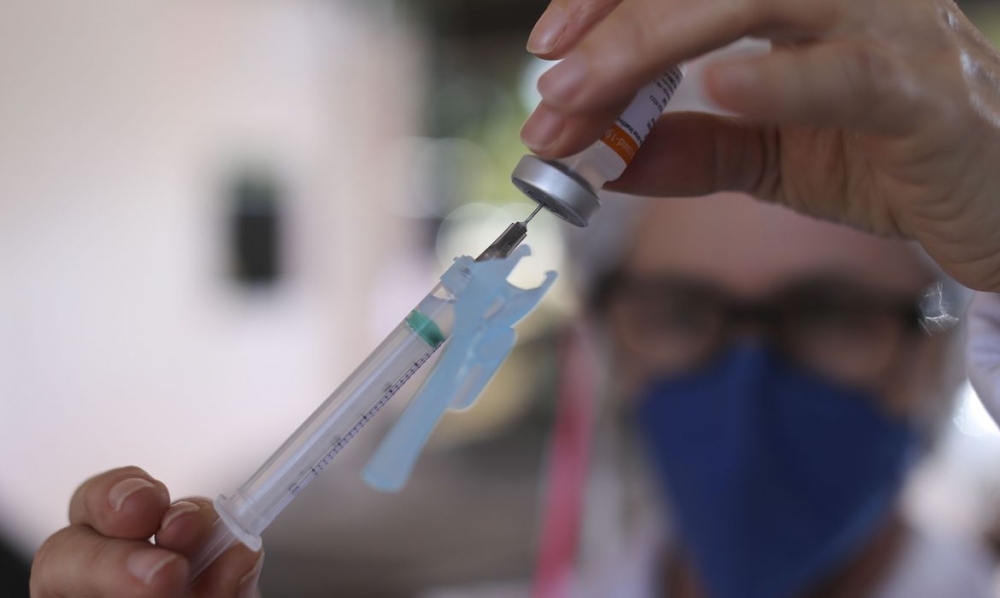
Brazilian researchers analyzed data for 2,777 patients hospitalized between January 5 and September 12, 2021. For those who had been fully vaccinated, being over 60 and having kidney failure were the sole predictors of hospitalization and death from COVID-19.
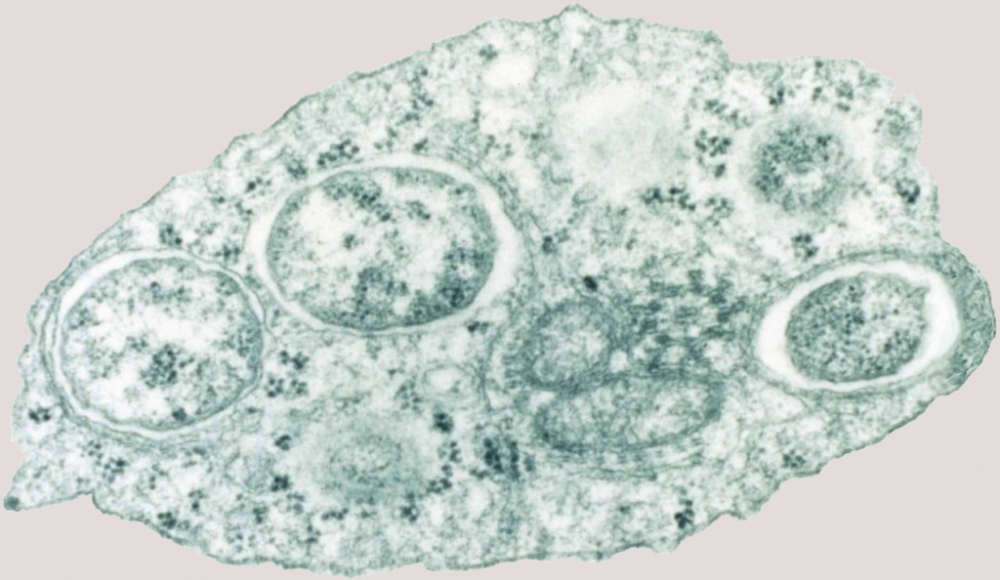
A study by researchers in Brazil and the UK reinforces the hypothesis that Drosophila melanogaster has a mutualistic relationship with Wolbachia bacteria. Their findings can help make the fight against mosquito-borne diseases more effective.
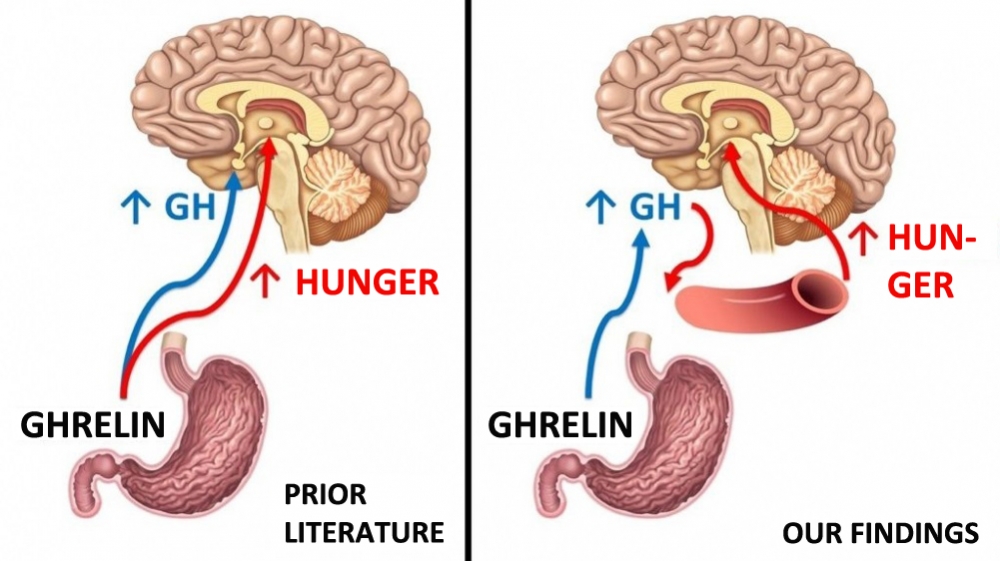
Experiments were conducted on mice by a group at the University of São Paulo. The results, reported in the journal Endocrinology, could have future implications for therapies to control body weight.
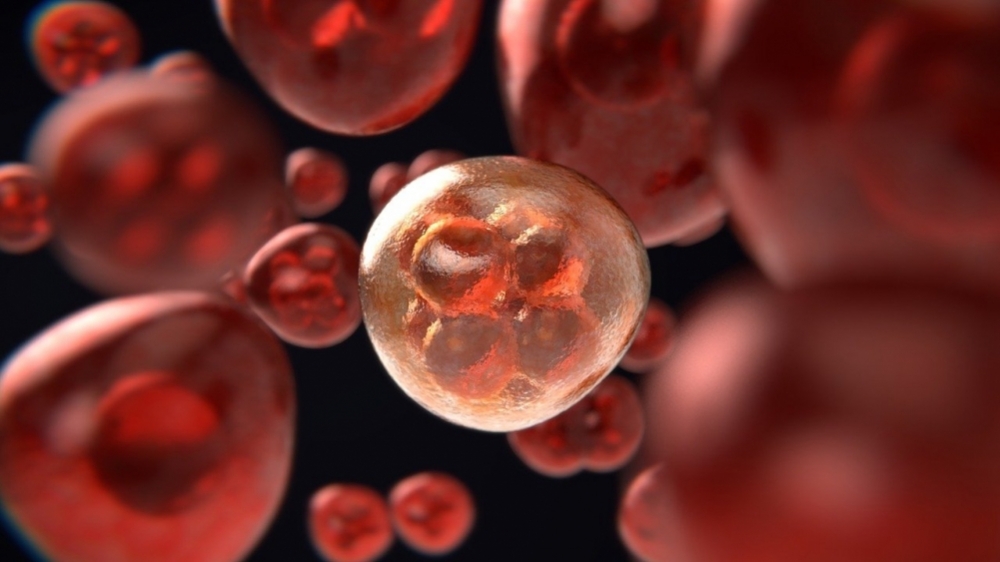
Patients submitted to a procedure that “resets” the immune system were tracked for a year by scientists at a FAPESP-supported research center. Their clinical improvement correlated with renewal of a group of defense cells known as B lymphocytes.

Brazilian researchers tracked 425 patients for six to nine months after hospital discharge. Over half reported memory decline, and tests showed significant cognitive impairments in the group.

A group at São Paulo State University (UNESP) is working on pharmacological strategies to block sperm motility.
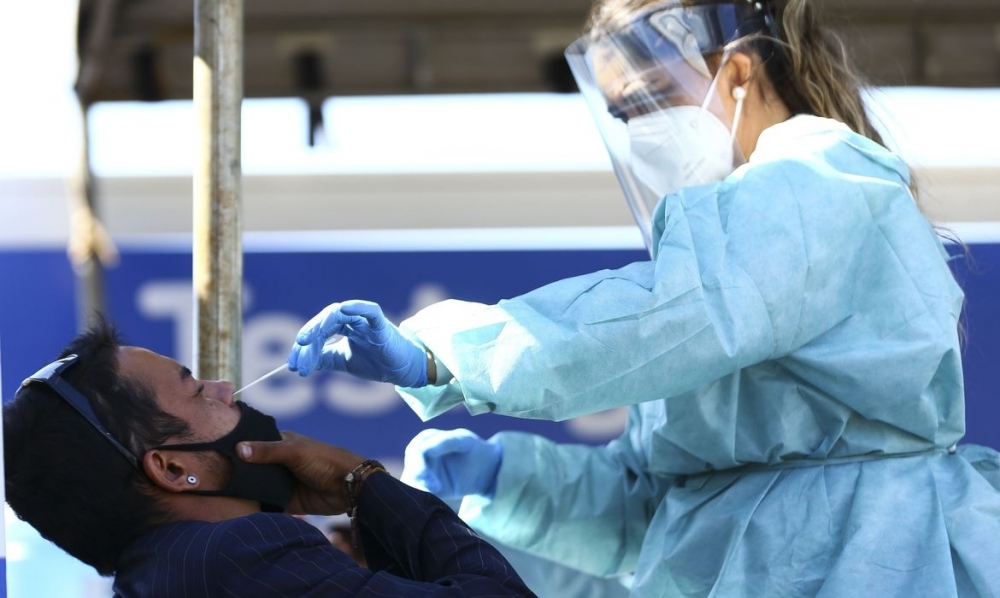
Although this variant of SARS-CoV-2 is less aggressive, the explosive growth of case numbers has again driven health services to the verge of collapse. Lack of tests and a “data blackout” at the Health Ministry make an accurate assessment of the situation impossible.
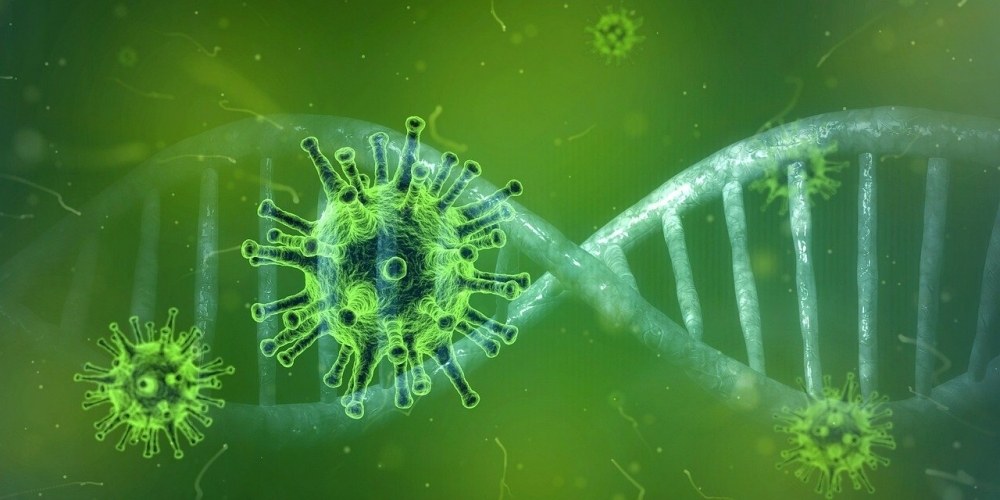
An article in the Journal of Medical Virology by researchers affiliated with the Federal University of São Paulo in Brazil argues that this is the reason for the relatively small proportion of severe cases and deaths among vaccinated patients despite omicron’s greatly increased transmissibility.
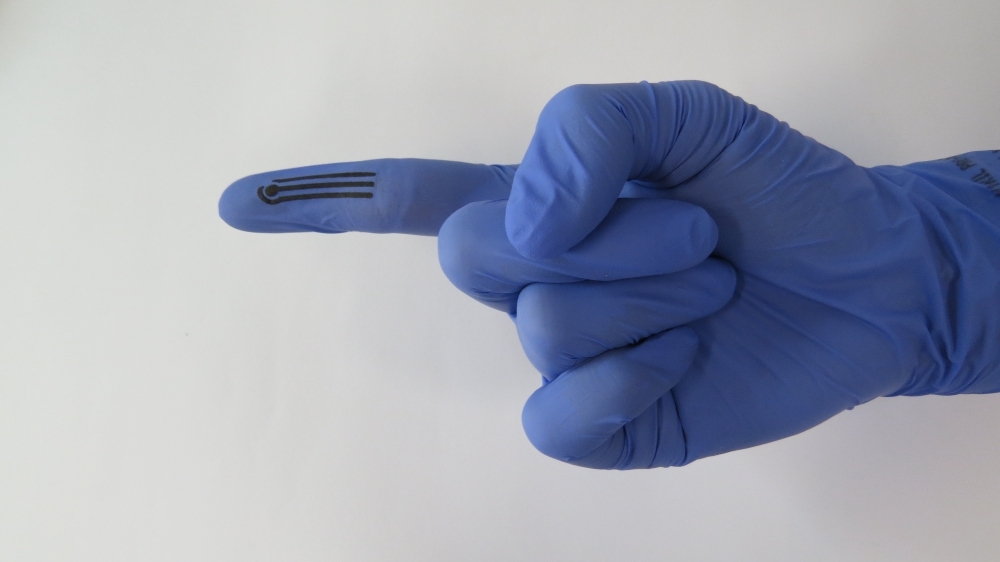
The wearable device has screen-printed sensors on three fingers to detect the presence of toxic substances in fruit and vegetables. Prior preparation of samples is not required, and no waste is generated.

The clinical trial involved 44 volunteers with advanced bladder cancer. The award of a US patent should facilitate cooperation between the researchers and the pharmaceutical industry to proceed to the next stage of drug development.
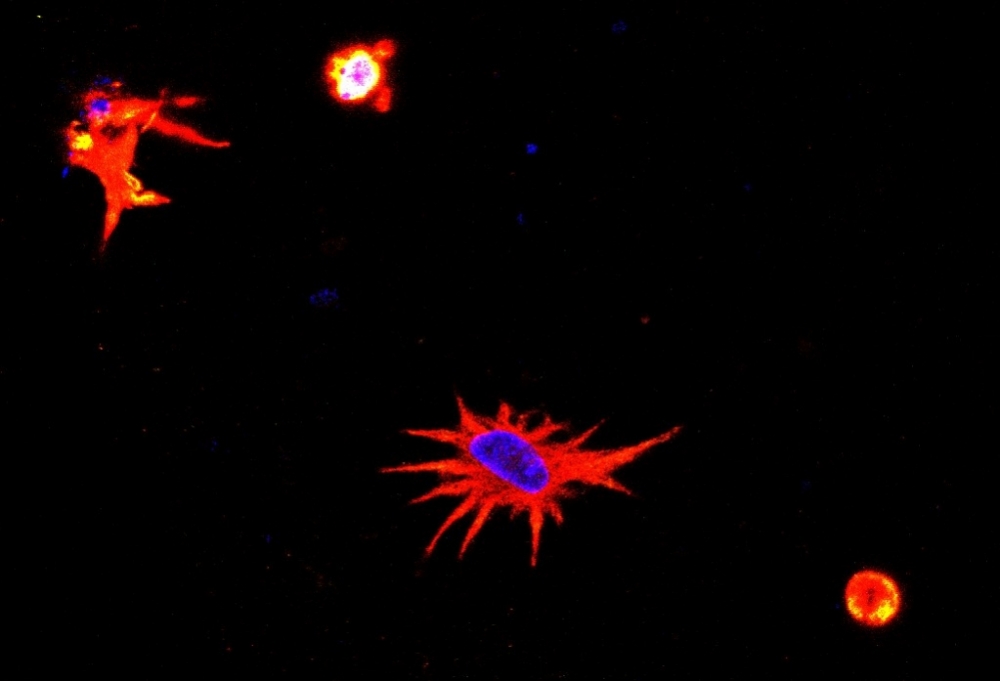
The technique is used for in vitro studies of the behavior of astrocytes in a three-dimensional format, and can be adapted for neurons and other cell types. The model has been used to investigate the effects of COVID-19 on the central nervous system.
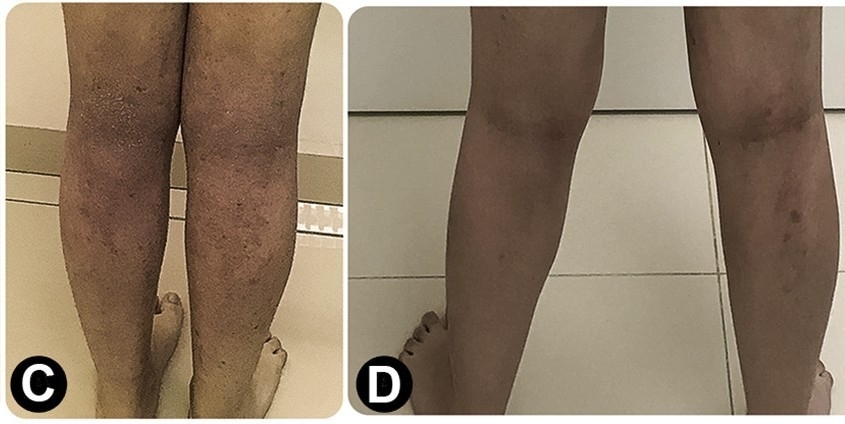
A randomized, double-blind, placebo-controlled clinical trial conducted by the University of São Paulo found that a vaccine taken sublingually for 18 months had positive results, reducing skin lesions and itchiness.
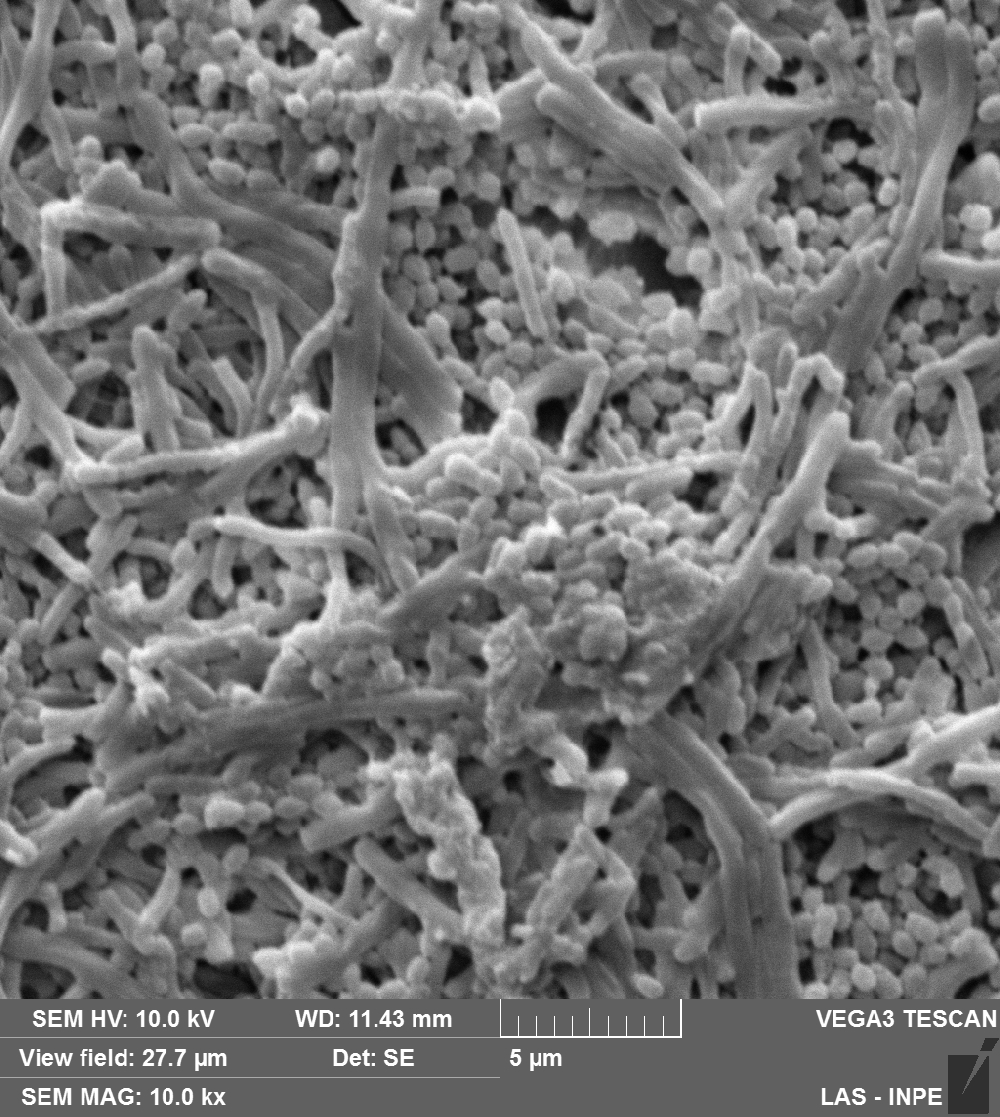
Research conducted at São Paulo State University (UNESP) in Brazil showed that the technique inhibits bacterial activity and can be used in the consulting room.

The program can be used to control the quality of the data obtained, sequencing environmental samples by means of a technique known as metagenomics, which shows how complete the sequences mapped are, and whether they are contaminated by genetic material from other microorganisms.
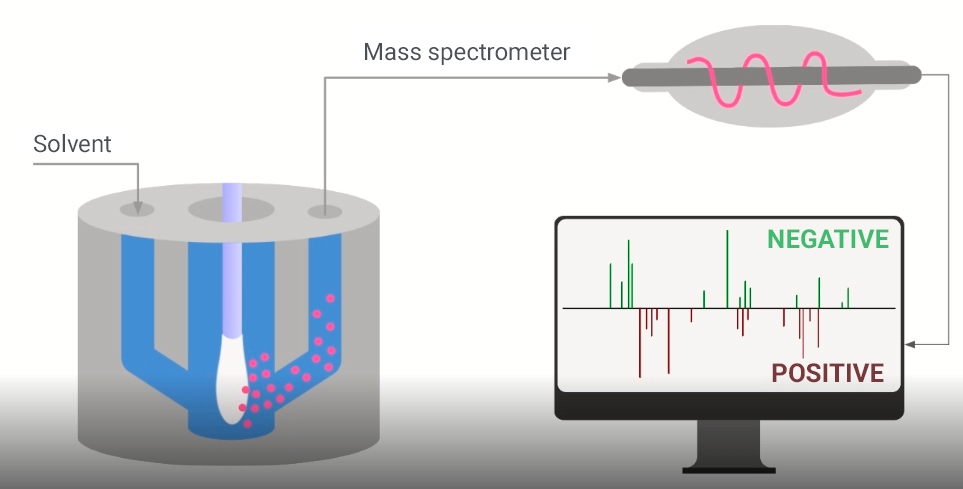
A system developed by Brazilian researchers detects the presence of the virus in a nasopharyngeal swab in less than a minute.
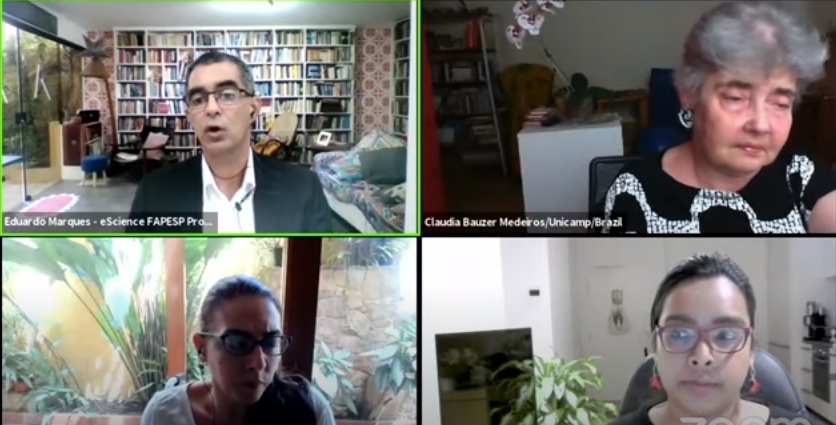
Scientists affiliated with institutions in Brazil and elsewhere presented research findings that highlighted the importance of data sharing in the fight against COVID-19.
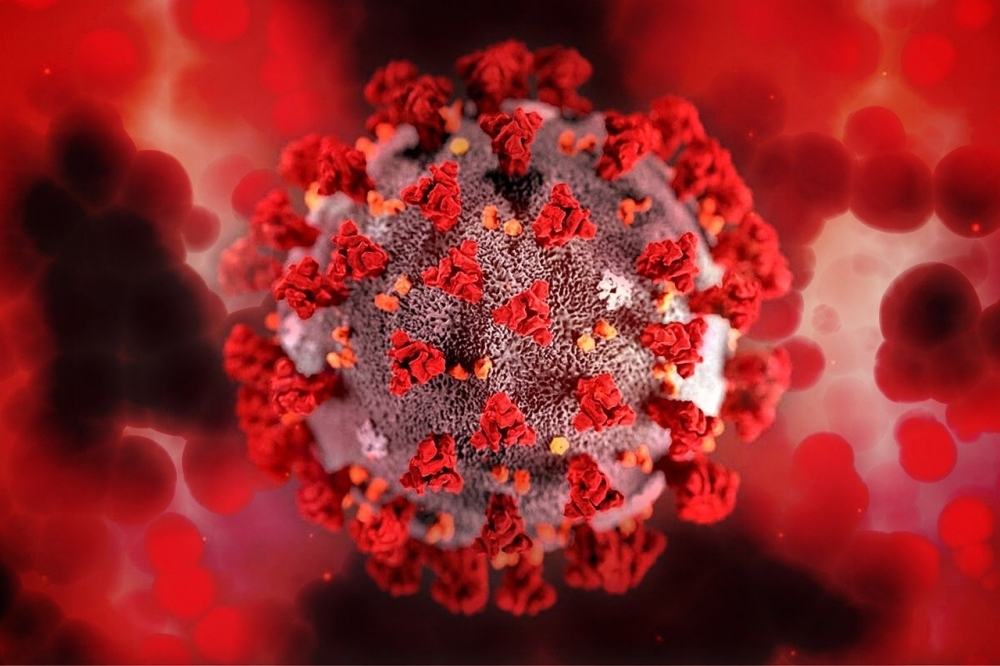
Brazilian researchers followed 38 COVID-19 patients and found that it took a month on average for the diagnostic test to become negative. In three patients, the virus remained detectable for more than 70 days.

The study involving 376 patients was conducted in São Paulo and could contribute to the formulation of public policy to improve accident prevention.
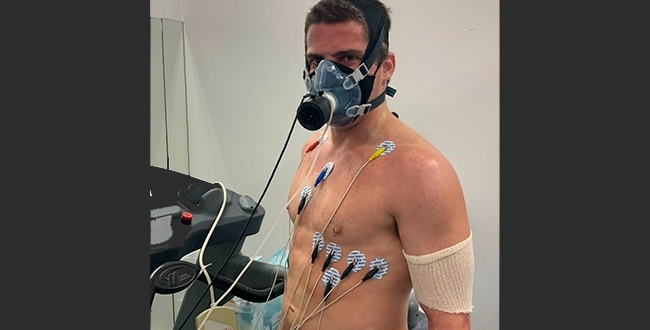
The results of a study by researchers at the University of São Paulo could serve as a basis for new recommendations on health and fitness during the COVID-19 pandemic.

Test developed by startup BiDiagnostics with FAPESP’s support promises faster and more accurate diagnosis of deep mycosis that causes sores and potentially fatal organ damage in domestic cats.
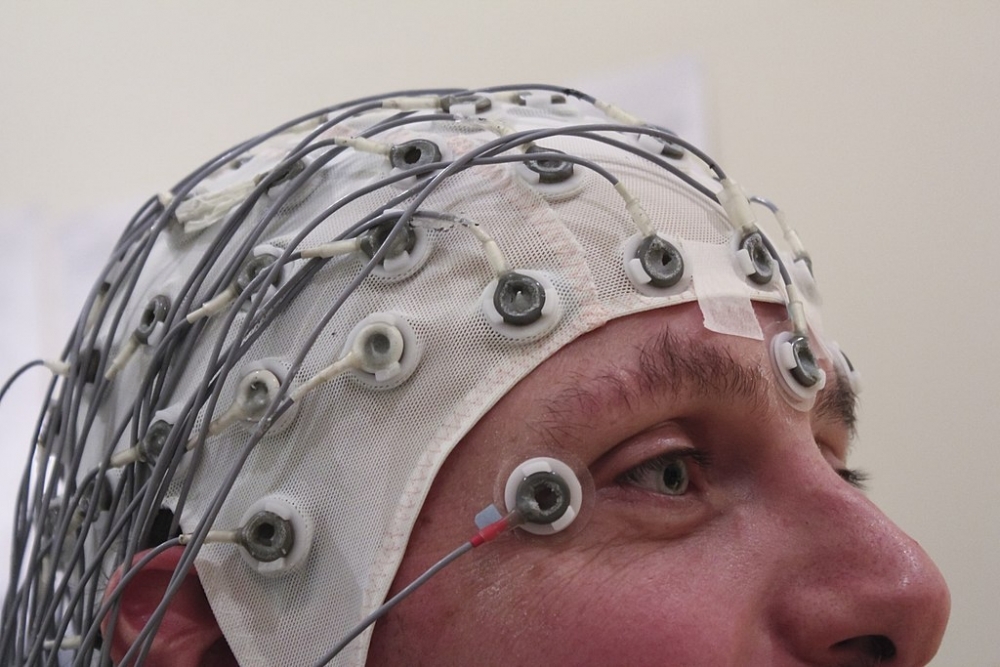
Using two low-cost techniques, researchers in Brazil differentiate patients with the disease from healthy subjects. Next steps include refining the approach to diagnose the disease in its early stages.
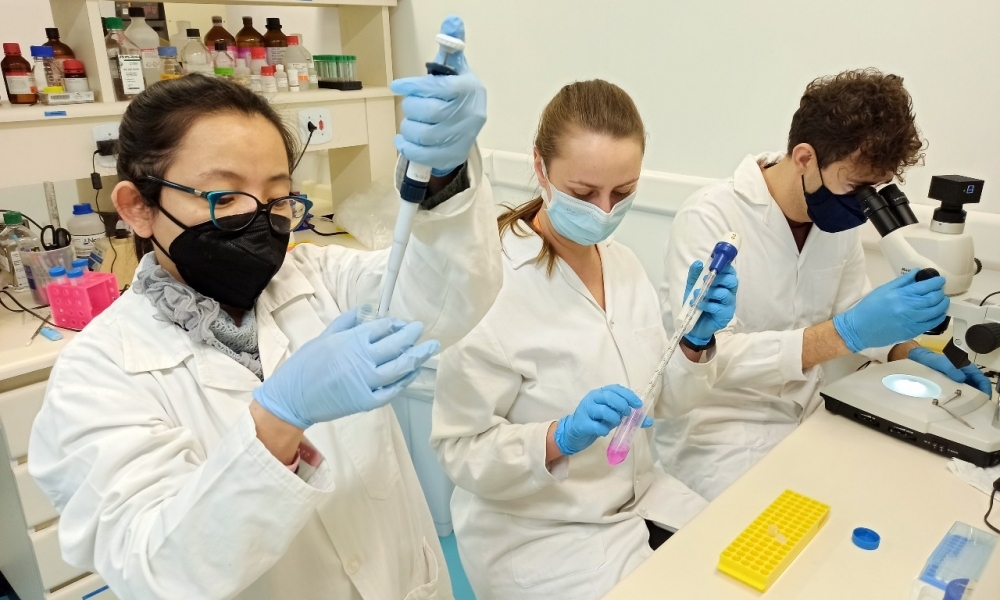
Experiments conducted at Butantan Institute (Brazil) show how the primate’s immune system prevents multiplication of the parasite in the organism. The discovery will facilitate the identification of targets for novel therapies and vaccines.
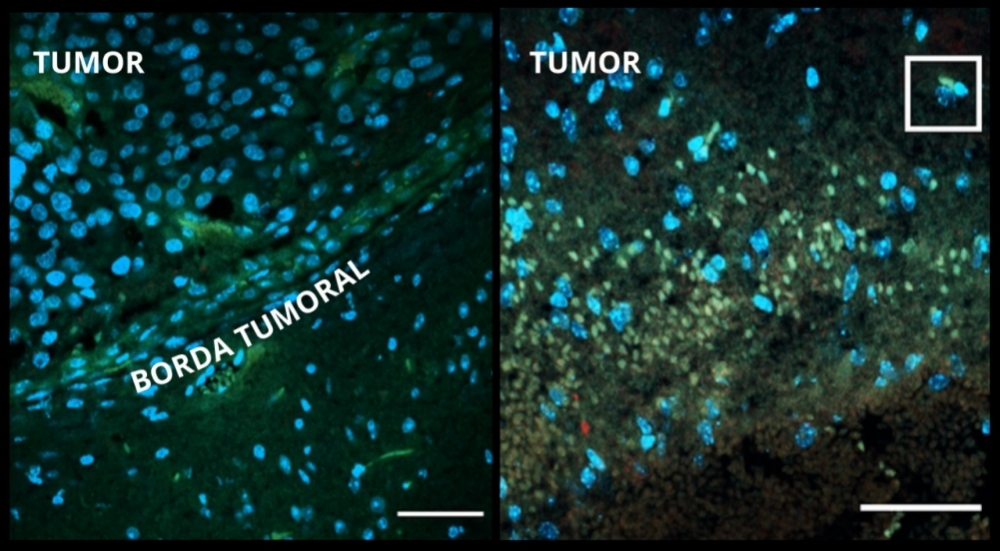
Experiments conducted at a FAPESP-supported research center showed that besides directly combating tumor cells, zika alerted the immune system to the presence of cancer. The study opens up prospects for the use of virotherapy for central nervous system tumors.

Researchers affiliated with a FAPESP-funded research center showed that a protein called gasdermin D is involved in septic patients’ organ lesions. The study also proved that a drug originally indicated to treat alcohol dependence can inhibit the molecule’s action and prevent complications.
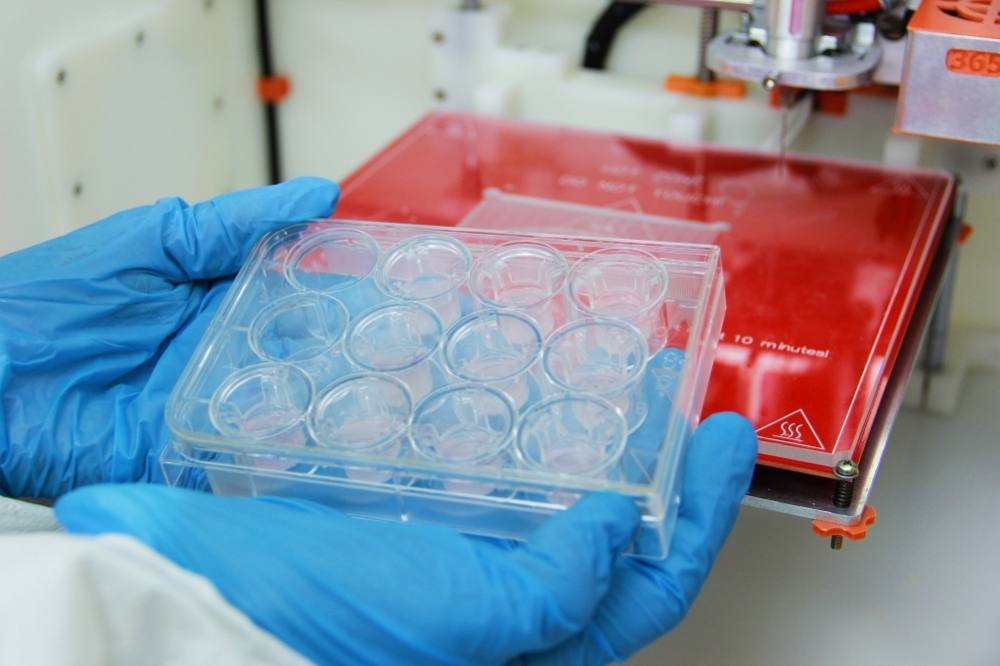
FAPESP has funded development of the solution, which can in future be used to bioprint human organs using cells from the recipient.